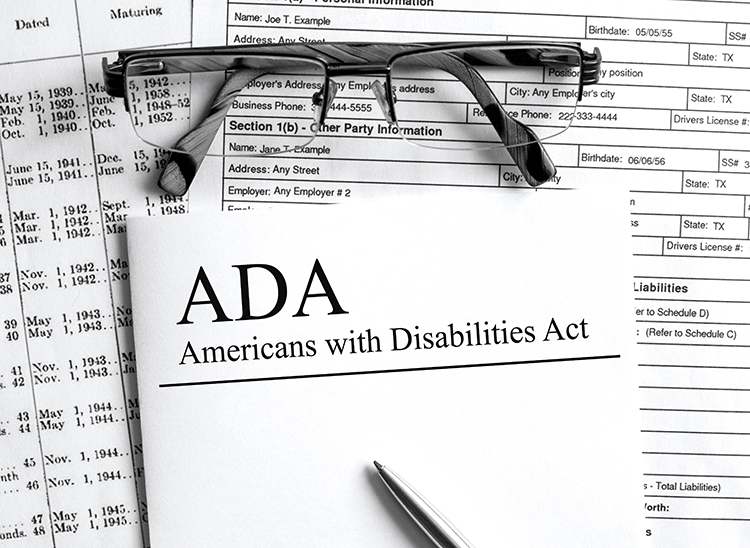Coca-Cola delivery man who used slurs as result of Tourette syndrome loses disability suit after job transfer

A Coca-Cola delivery man whose Tourette syndrome caused him to use profanity and racial slurs when stocking customer stores was not entitled to keep that job under the Americans With Disabilities Act. (Image from Shutterstock)
A Coca-Cola delivery man whose Tourette syndrome caused him to use profanity and racial slurs when stocking customer stores was not entitled to keep that job under the Americans With Disabilities Act, a federal appeals court has ruled.
The 6th U.S. Circuit Court of Appeals at Cincinnati ruled against Tennessee driver Cameron Cooper in a Feb. 15 opinion.
HR Dive has coverage, the Volokh Conspiracy has opinion highlights, and the National Law Review has an analysis.
Under the Americans With Disabilities Act, plaintiffs must show that they are disabled. They also must show that they are otherwise qualified for their position without accommodations, with the elimination of a job requirement, or with a reasonable accommodation.
To win the ADA case, the employer then must show that the challenged job requirement is essential and a business necessity, and that any proposed accommodation would be an undue hardship.
Coca-Cola had received at least two complaints from store managers about Cooper’s profanity and racial slurs.
Coca-Cola approved two medical leaves for Cooper; adjusted his route, so that he wouldn’t have to visit Dollar General stores; and allowed him to have a seasonal position as a delivery helper. In December 2019, Coca-Cola moved Cooper to a warehouse position, with negotiated pay of $18.96 per hour instead of the $20.38 per hour that he made as a delivery driver.
Cooper had alleged that the transfer was discriminatory because he was otherwise qualified for the delivery position without an accommodation or, in the alternative, that he was qualified for the position with a reasonable accommodation—an alternative route that was not customer-facing.
The appeals court rejected the arguments in upholding a grant of summary judgment to Coca-Cola.
First, the 6th Circuit determined that “excellent customer service” was an essential function of Cooper’s position. Coca-Cola had identified “excellent customer services skills” in its written job description for Cooper’s job, and Cooper stipulated that those skills were an essential function of the position.
Next, the appeals court concluded that Cooper could not have provided excellent customer service without an accommodation.
“It is undisputed that Cooper used racial slurs, those slurs were decipherable to at least some customers, and the decipherable slurs offended customers,” the 6th Circuit said. “Cooper’s own doctor also stated that Cooper needed an accommodation to perform his job. Based on these facts, the district court did not err in finding that, as a matter of law, Cooper could not provide excellent customer service without an accommodation.”
Finally, the appeals court said Cooper did not identify a reasonable accommodation. He had sought a position that didn’t involve customer interaction, but none was available.
The National Law Review article, written by law firm Bradley Arant Boult Cummings, said the decision has a lesson for employers.
“Although the thought of updating and adding more detail to your written job descriptions may make your HR department grumble, this case demonstrates why good job descriptions are extremely important,” the article said.
“Even something that would seem to be common sense—being able to effectively relate and not offend your customers—may be the key to defending your next lawsuit. [Coca-Cola] defeated this lawsuit because it was able to point to that essential function in the job description, as well as their attempts to figure out any way to accommodate Cooper’s disability.”



